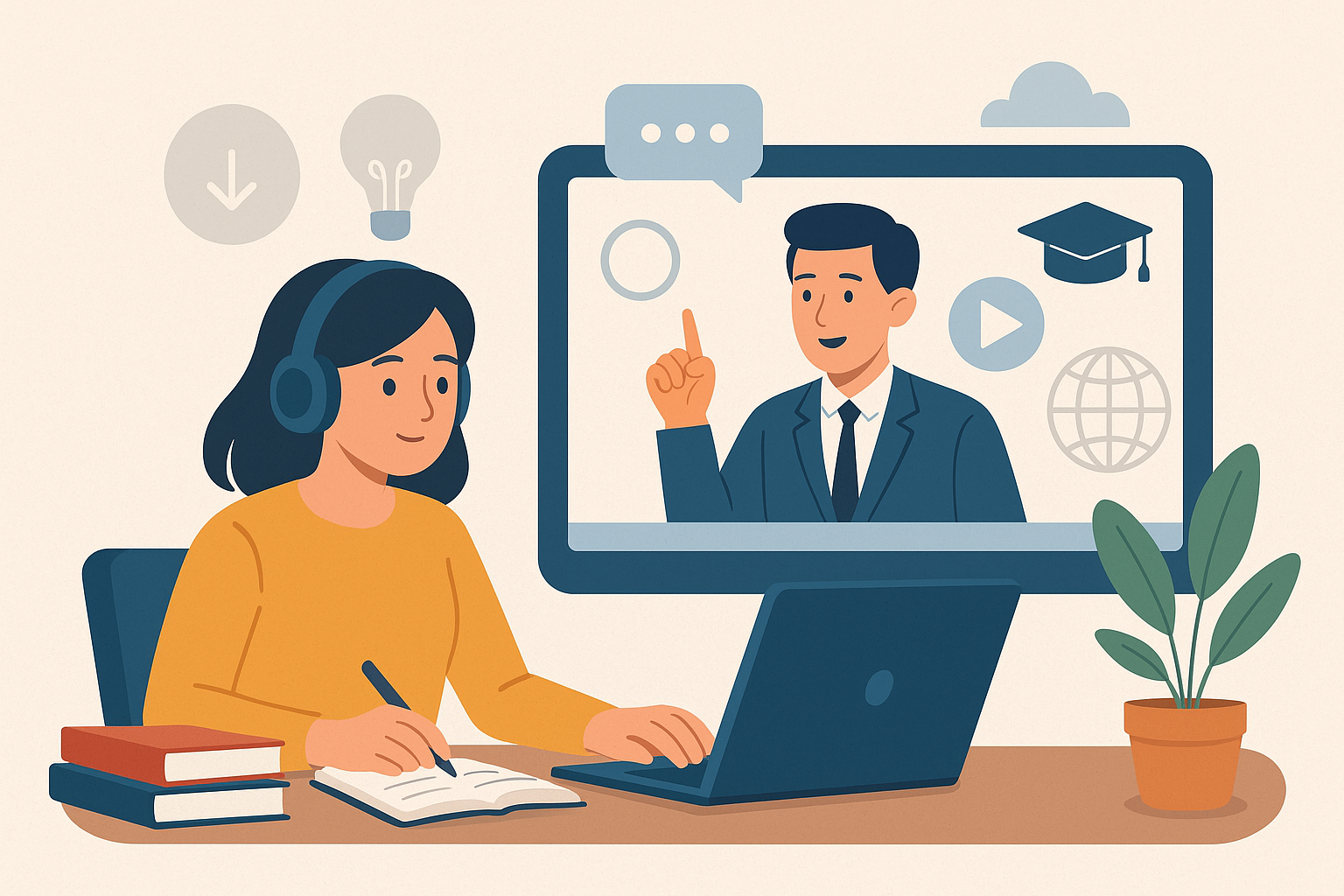
- By Shahzad Anjum 11-Jan-2023
- 892
Privacy and Anonymity: Anonymous social networks allow users to share personal information, thoughts, and opinions without revealing their identity. They offer a level of privacy that is not available on other social networks where users are required to use their real name and share personal information. Freedom of expression: Anonymous social networks allow users to express their views, opinions, and feelings freely without fear of judgment, retaliation, or censorship from employers, family, friends, or society. Exploration of taboo topics: Anonymous social networks provide a space for people to discuss sensitive and taboo topics without the fear of being judged or stigmatized for their views. Support and connection: Anonymous social networks can provide users with support and connection from like-minded individuals who may be facing similar challenges or issues. Publicity: Anonymous social networks can be a way to reach a wider audience by giving users the ability to share their thoughts and stories without the filter of personal reputation, bias, or judgment.
Are Anonymous Social Media Networks Dangerous?
Anonymous social media networks, such as Secret and Whisper, allow users to share information or express themselves without revealing their identity. These networks have been praised for giving people the freedom to speak their minds without fear of reprisal, but they also have some significant downsides.
One issue with anonymous social media networks is that they can be used to spread false or misleading information without consequence. This can lead to the spreading of misinformation, malicious rumors, and even cyberbullying. It's also harder for others to fact-check or hold the person accountable for what they said, this can give rise to a lot of hate speech, bigotry, and harassment.
Additionally, anonymous social networks can be a breeding ground for cyberbullying, hate speech, and other forms of harassment because users feel they are free from the consequences of their actions.
It's also worth noting that even if a user's identity is not revealed on the platform, it's still technically possible for outside parties to discover a user's identity through other means, such as IP tracking or other forms of cyber forensics, which can put users at risk of real-life retaliation.
In summary, while anonymous social media networks may give users a sense of freedom and security, they also come with a number of potential dangers and users should be aware of the risks involved before participating in such networks.
Why do people use anonymous social networks?
There are several reasons why people might choose to use anonymous social networks:
- Privacy and Anonymity: Anonymous social networks allow users to share personal information, thoughts, and opinions without revealing their identity. They offer a level of privacy that is not available on other social networks where users are required to use their real name and share personal information.
- Freedom of expression: Anonymous social networks allow users to express their views, opinions, and feelings freely without fear of judgment, retaliation, or censorship from employers, family, friends, or society.
- Exploration of taboo topics: Anonymous social networks provide a space for people to discuss sensitive and taboo topics without the fear of being judged or stigmatized for their views.
- Support and connection: Anonymous social networks can provide users with support and connection from like-minded individuals who may be facing similar challenges or issues.
- Publicity: Anonymous social networks can be a way to reach a wider audience by giving users the ability to share their thoughts and stories without the filter of personal reputation, bias, or judgment.
It's worth noting that the privacy and anonymity offered by these networks are not always completely secure, and users should be aware of the potential risks involved when sharing personal information on these platforms. Additionally, It is important to keep in mind that even though you may be anonymous, your content may still be tracked and used by third parties.
Conclusion
In conclusion, Anonymous social media networks have the potential for the spread of misinformation, cyberbullying, and hate speech, and may not provide true anonymity, users should be aware of the potential risks before participating in such networks.
FAQs
Why is Internet anonymity dangerous?
Anonymity on the internet can lead to spreading misinformation, cyberbullying, hate speech, and potential real-life retaliation.
How does anonymity affect social media?
Anonymity on social media can lead to uninhibited expressions, but also a lack of accountability, leading to the spread of misinformation and cyberbullying.







